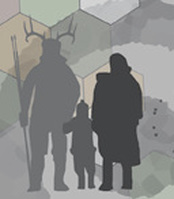Charlottesville has catalyzed a conversation that we need to have in this country. White supremacism is a scourge that's been present since before our country was founded. It's a chronic illness. While the problem isn't new, however, one could argue (persuasively, I think) that what's happening now has new elements that need to be discussed and factored into strategies for dealing with the problem. Social media is one. The current political climate is another.
It's a relatively simple thing to express disgust and outrage at the ideas, goals, and behaviors of white supremacists. I've seen it all over Facebook and Twitter, as well as in statements by officials at all levels of government. Some of the archaeologists I know have latched onto various memes showing Indiana Jones punching a Nazi. We are forever entangled in a love/hate relationship with Indiana Jones (looting graves = bad; punching Nazis = good).
I'd like to challenge my friends in academic anthropology, archaeology, and other social sciences and humanities (e.g., sociology, history, psychology, political science, etc.) to integrate discussions of white supremacism into your classrooms. I expressed similar sentiments the day after the election. I have seen nothing in the past six months that has persuaded me that I was wrong.
As an archaeologist, my expertise lies in interpreting the human past through material remains. When evaluating a claim about the past, it is always fair and necessary to ask "how do you know?" Being a good archaeologist means being able to consider multiple explanations and interpretations and generate expectations that can be evaluated based on material evidence. It's a process that can be tedious, complex, sometimes fruitless, and often unsatisfying to those who want quick, easy answers. As disappointing as it may be to those who want archaeologists to be like Indiana Jones, developing and using scientific frameworks to figure out what, why, and how things happened in the human past is central to the project of archaeology. It's how we know what we know.
So what does that have to do with white supremacism?
White supremacist ideology, like many ideologies, is warranted in part by claims about the past. For a taste of what underlies the modern Alt-right's basket of baloney, see this post I wrote in January about Richard Spencer's interview of Kevin MacDonald. The old-school German Nazis loved Atlantis, as do modern Aryan enthusiasts (like this one and this one). Slavery in the early United States was justified based in part on Samuel Morton's polygenist racial hierarchy, which he constructed using cranial data. Colonialism, empire-building, use of the Mound Builder myth to justify the forced removal of Native American populations . . . the list goes on and on. Claims about the past are entangled with claims about the inherent superiority of white people in all of these cases.
While many of the most racist misuses of archaeology can be traced back to the Victorian era, they aren't ancient history for the white supremacists who inhabit our social, cultural, and political landscape today. As professional archaeologists, we need to understand where those ideas come from, what basis they claim in fact, and why they gained traction. And we need to be able to explain why they are incorrect, not just assert that they're incorrect. We need to be able to teach others to independently and critically evaluate the claims about the past that are presented to them. I don't have any specific data, but when I look at pictures of the white supremacists in Charlottesville, I see a lot of young faces. Much of the crowd was of college age. That's the age demographic we interact with.
In my opinion, it's not enough for us as archaeologists and anthropologists to simply repeat the mantra of tolerance. We need to dig in our heels and use our expertise to expose students to the information and processes that give us such confidence that white supremacism has no basis in fact. This is something that all four branches can participate in. Physical anthropology, cultural anthropology, linguistics . . . they're all relevant to the discussion and there's plenty to go around.
This is a four-field problem if ever there was one. I think Franz Boas would agree with me. I understand the visceral reaction of wanting to advertise that you'd like to punch Nazis. I'm asking you to think about your syllabus, also. Can you fit in a discussion of the the early history of physical anthropology? Can you find time to talk about one or two examples of how archaeology is abused for the sake of nationalism?
I'm not sure exactly what Papa Franz would do if he was alive today, but I'm sure he wouldn't have been silent.
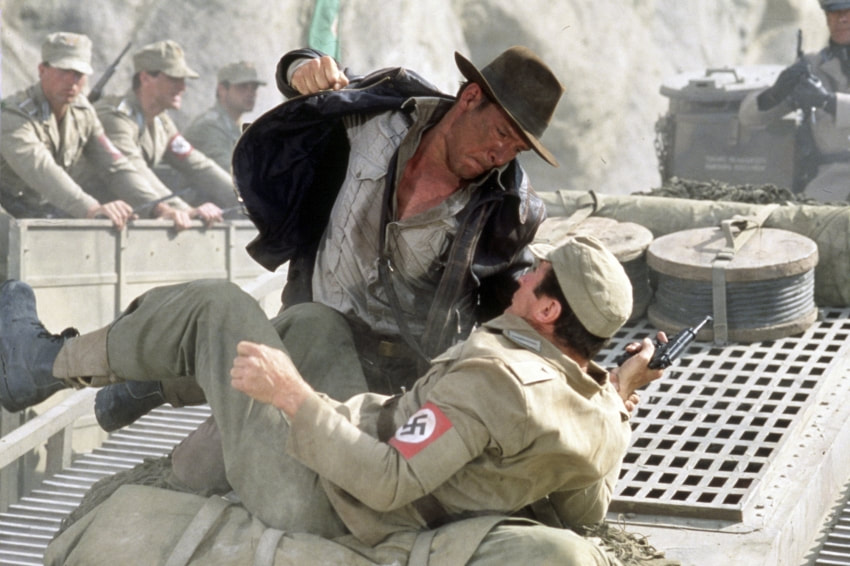

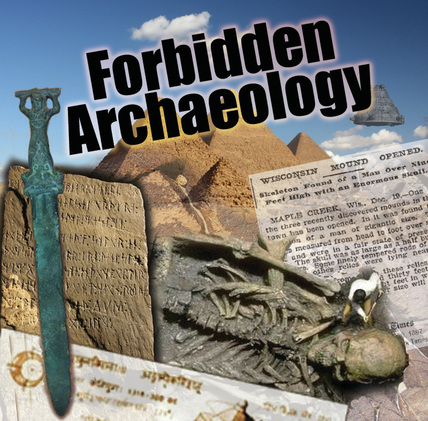
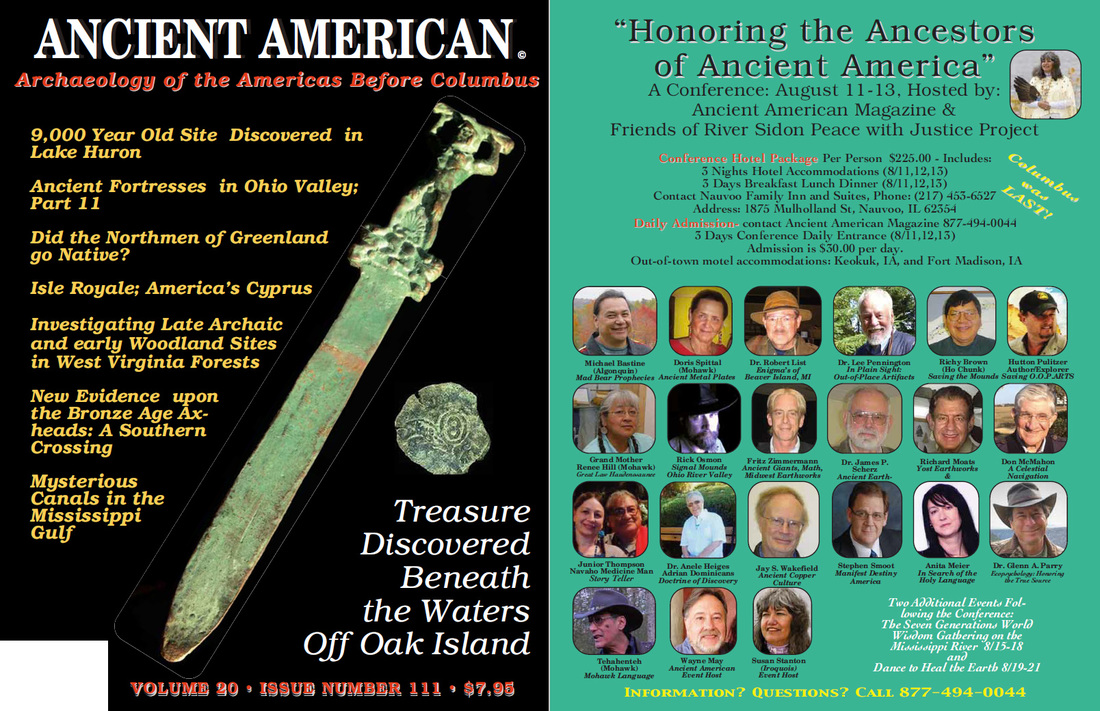
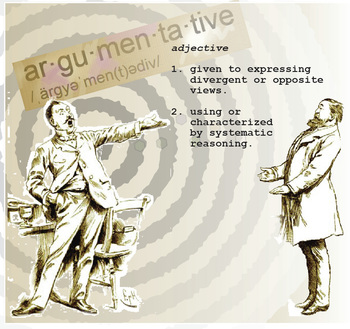
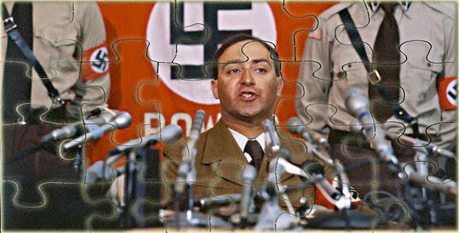
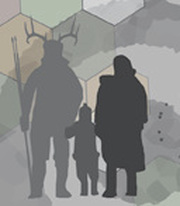

 RSS Feed
RSS Feed
